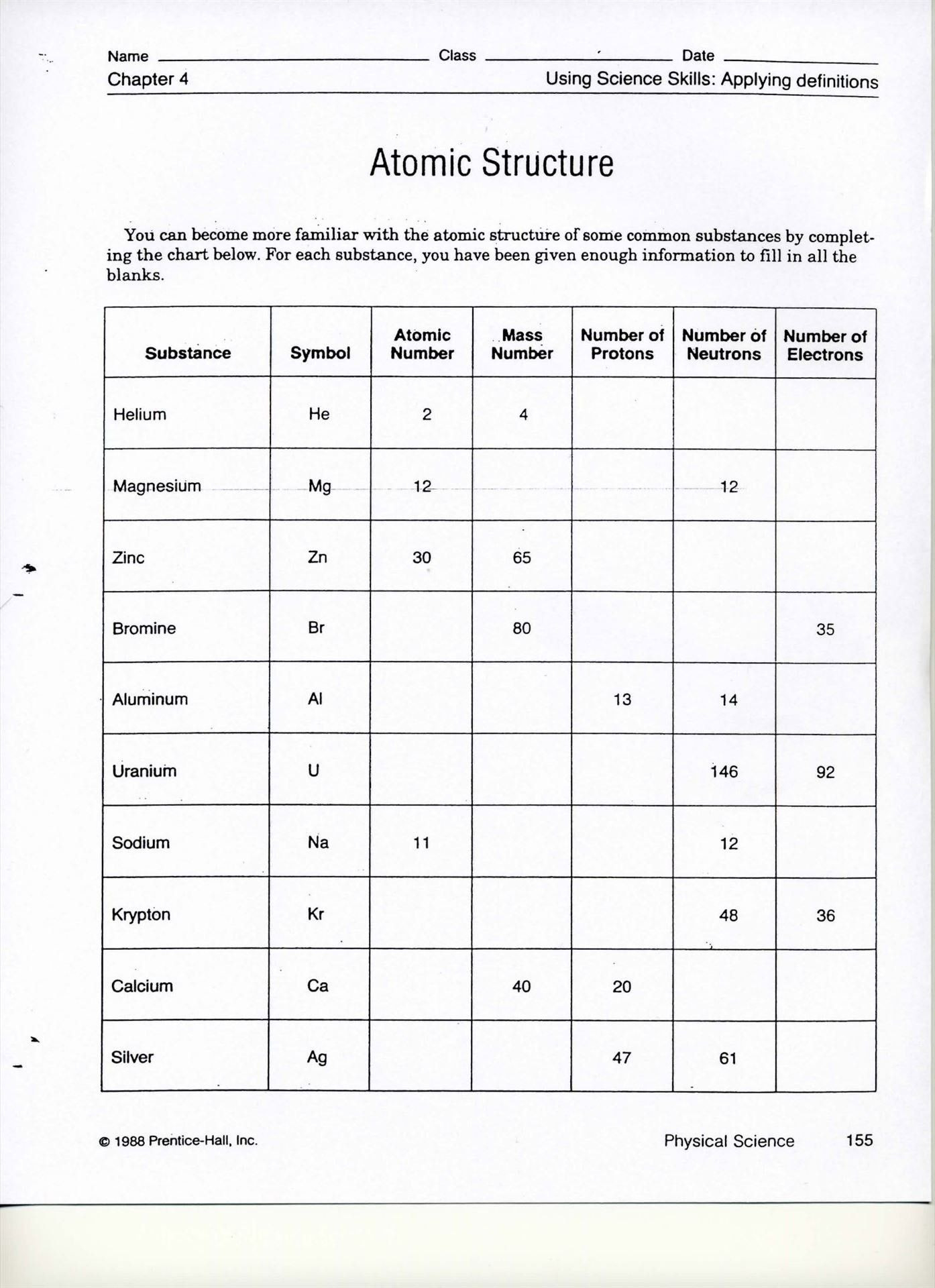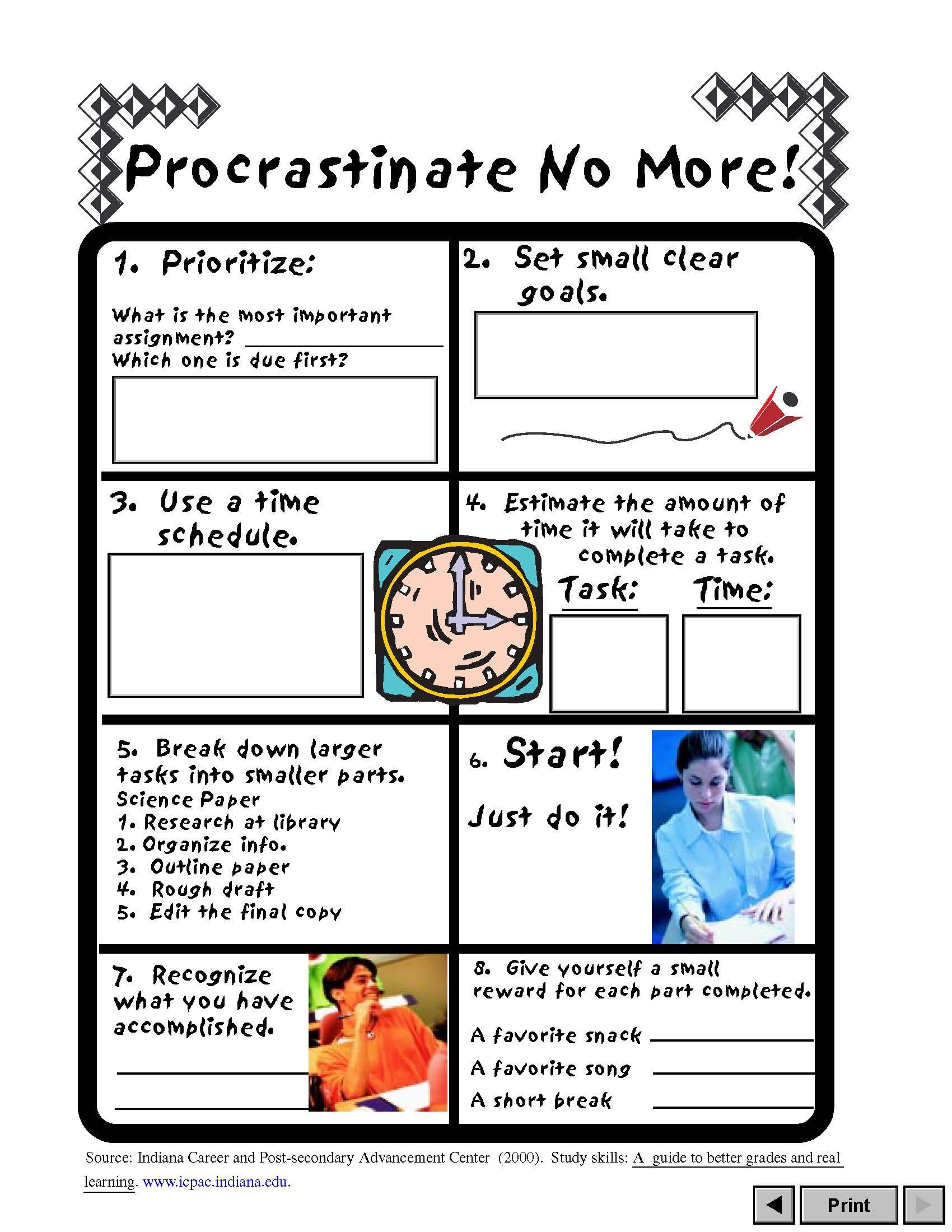5 Essential GED Math Practice Worksheets With Answers

If you're preparing for the GED Mathematics test, practicing with focused worksheets can significantly boost your confidence and skills. This blog post compiles 5 Essential GED Math Practice Worksheets with Answers tailored to the key areas covered in the exam. Whether you're refreshing your math knowledge or tackling complex problems for the first time, these worksheets will guide you through various types of questions you might encounter.
Worksheet 1: Number Operations and Basic Arithmetic
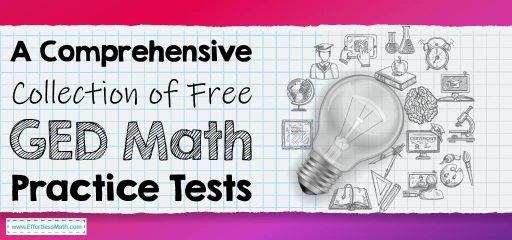
Number operations are the foundation of mathematics. Here’s a worksheet that focuses on this area:
| Question | Answer |
|---|---|
| 1. Order of Operations: Solve (5 + 3 \times (9 - 2)) | 26 (Parentheses first, then multiplication, finally addition) |
| 2. Exponents: What is (4^3)? | 64 (4 multiplied by itself 3 times) |
| 3. Basic Arithmetic: Subtract 23.5 from 100.5 | 77 (Straight subtraction) |

📝 Note: Ensure you understand each step in arithmetic operations to avoid mistakes in more complex calculations.
Worksheet 2: Measurement and Geometry
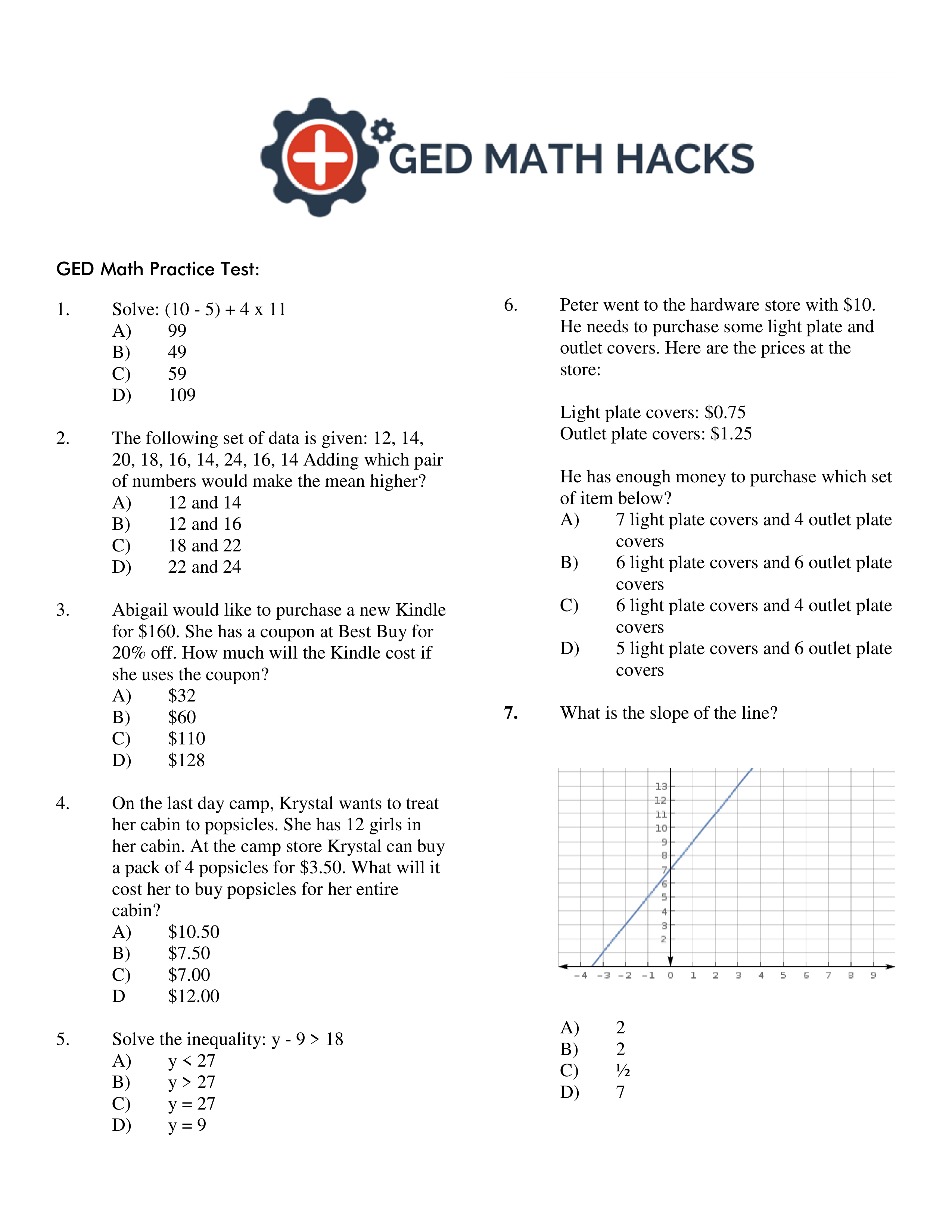
Geometry and measurements can be tricky, but with the right practice, they become more approachable. Here’s a worksheet to help:
| Question | Answer |
|---|---|
| 1. Area Calculation: Find the area of a rectangle with width 8 units and length 12 units. | 96 sq units (Area = Length × Width) |
| 2. Volume Calculation: A cube has a side length of 5 cm. What’s its volume? | 125 cm³ (Volume of a cube = Side³) |
| 3. Circumference: Find the circumference of a circle with radius 7 units. | 43.98 units (Circumference = (2\pi \times r)) |
Worksheet 3: Algebraic Concepts

Algebra forms a core part of the GED Math section. Here are problems to hone your skills:
| Question | Answer |
|---|---|
| 1. Linear Equations: Solve for (x) in (2x - 8 = 0). | x = 4 |
| 2. Factoring: Factor (x^2 - 5x + 6). | ((x - 2)(x - 3)) |
| 3. Algebraic Expressions: Simplify (2(3a + 4b) - 5a). | 6a + 8b - 5a = a + 8b |
Worksheet 4: Data Analysis, Statistics, and Probability

Understanding data and probability is crucial. This worksheet addresses these topics:
| Question | Answer |
|---|---|
| 1. Mean, Median, Mode: For the set of data {4, 9, 5, 6, 1, 5}, find the mean, median, and mode. | Mean = 5; Median = 5; Mode = 5 |
| 2. Probability: What is the probability of drawing an even number from a deck of cards numbered 1 to 10? | Probability = 5⁄10 = 1⁄2 |
| 3. Graph Interpretation: A bar chart shows car sales by color. If 35 cars out of 100 sold were black, what percentage of cars sold were black? | 35% |
Worksheet 5: Problem Solving and Applications

This worksheet focuses on word problems that test your ability to apply mathematical concepts:
| Question | Answer |
|---|---|
| 1. Percentages: A shirt that costs 20 has a 25% discount. What is the final price?</td> <td>15 (20 × 25% = 5 discount) | |
| 2. Rate Problems: Jane can read 60 pages per hour. How long will it take her to read a 360-page book? | 6 hours |
| 3. Mixed Operations: In a store, 1 kg of rice costs 2. If a box holds 5 kg of rice, how much does the rice in one box cost?</td> <td>10 (2 × 5 kg = 10) |
These worksheets provide a robust foundation for anyone looking to prepare for the GED Mathematics test. They not only cover key topics but also encourage logical thinking and problem-solving skills. By regularly practicing with these problems, you'll develop a better understanding of mathematical concepts and their real-world applications. Your journey to mastering the GED Math can be both challenging and rewarding with the right tools and determination.
Why is it important to practice GED Math with worksheets?

+
Practicing with worksheets helps solidify mathematical concepts, improves speed, and builds confidence in applying learned concepts to real-world scenarios.
Can I find more worksheets for GED Math practice?

+
Yes, there are many educational websites, books, and apps dedicated to GED preparation that offer a wide variety of worksheets for additional practice.
How should I incorporate these worksheets into my study routine?
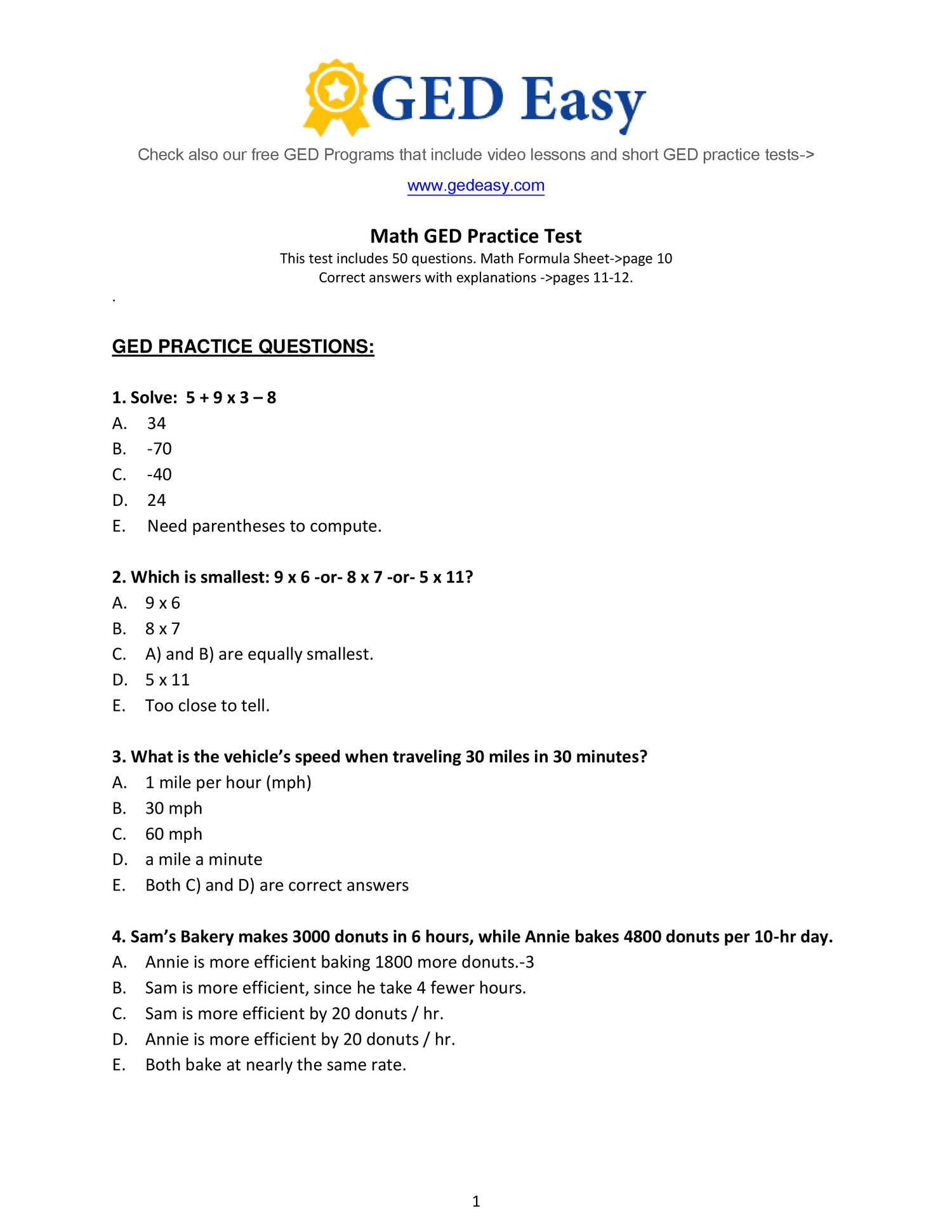
+
Include worksheet practice in your study sessions 2-3 times a week. Time yourself to mimic exam conditions, review mistakes, and focus on areas where you need improvement.
